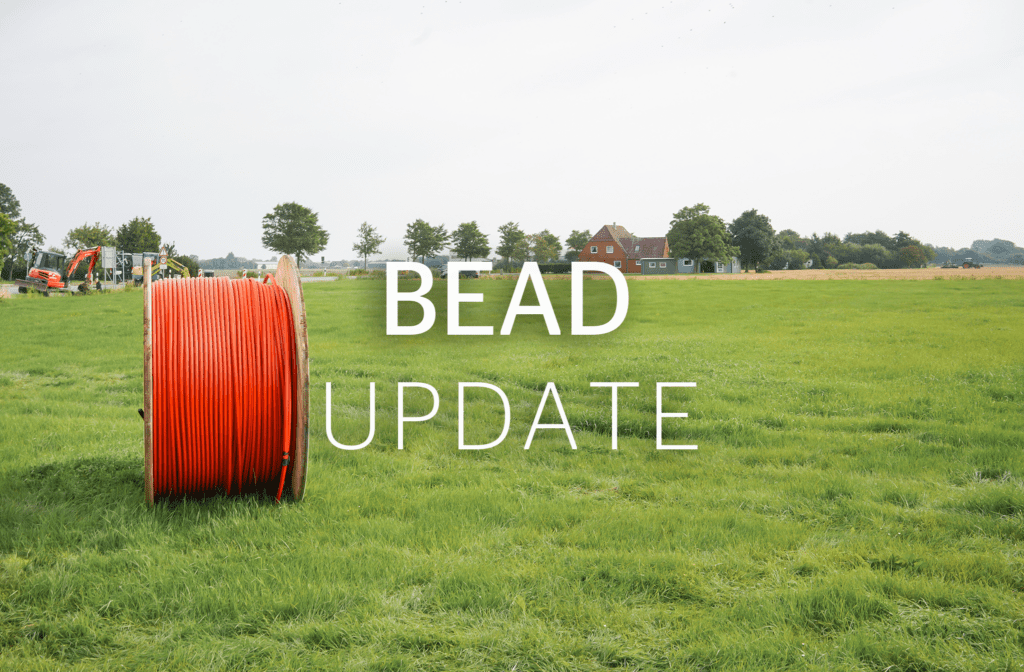Supreme Court Rejects Challenge to USF’s Constitutionality
Randy Sukow
|
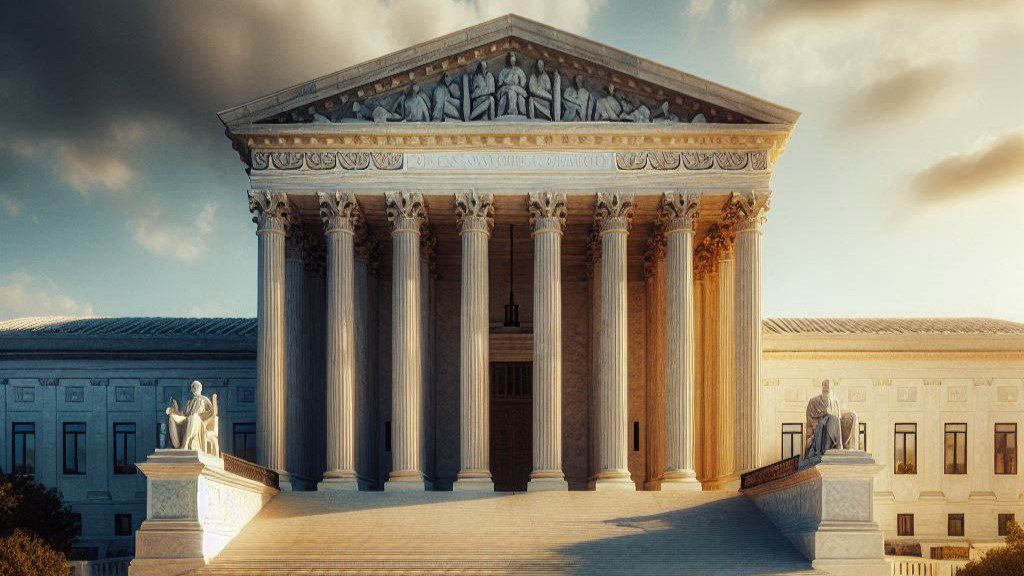
Rural telecommunications and broadband providers can breathe a little easier now. The U.S. Supreme Court by a 6-3 vote found that the FCC’s universal service fund (USF) program does not violate the nondelegation doctrine of the U.S. Constitution and the contribution system to the fund is not an unconstitutional tax. The court also found that the FCC has legally managed the program with the help of the USF administrator, the private, non-profit Universal Service Administrative Co. (USAC).
The opinion settles a split among the circuit courts of appeal over the constitutionality of USF. After two courts had already rejected challenges by Consumers’ Research, a nonprofit activist group, an en banc panel of the U.S. Court of Appeals for the Fifth Circuit in New Orleans agreed that the contribution system appeared to be a de facto tax on the public and characterized USAC as “a trade group staffed by industry insiders with no semblance of accountability to the public.”
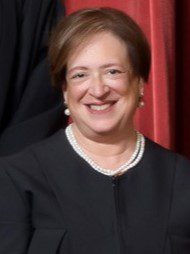
Justice Elena Kagan, writing for the majority, rejected the Fifth Circuit’s analysis of universal service fees as a tax delegated by the FCC to a third party. Consumers’ Research’s claim, she said, is that that Section 254 of the Telecommunications Act of 1996 gives the FCC “sweeping delegation” to set fees and that its delegation of fee-setting is unauthorized. While the Fifth Circuit finds neither Section 254 nor the delegation to USAC unconstitutional themselves, they can combine to violate separations powers.
To make that finding, Kagan said that the Fifth Circuit ignored a long history of Supreme Court precedent. “Although the intelligible -principles standard has focused our nondelegation doctrine for a century, Consumers’ Research and the dissent primarily argue that we must apply a different test here,” she said. “Whether or not a tax is at issue—so say our cases—the usual nondelegation standard applies. And that standard is, again, trained on intelligible principles, not on numeric caps and ‘mathematical formula[s].’”
As for USAC, Kagan found that it acts in advisory role and makes initial estimates of carriers’ quarterly payments, but that the FCC makes all final decisions. “In contending otherwise, Consumers’ Research misunderstands the regulatory scheme,” Kagan said. “Its primary argument rests on the words ‘deemed approved’ in the FCC’s regulations. Consumers’ Research takes that to mean that the Administrator’s projections can ‘take legal effect’ just by the ‘deem[ing]’ mechanism—that is, without receiving ‘formal FCC approval.’”
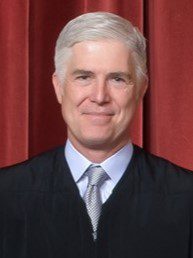
“The Constitution affords only our elected representatives the power to decide which taxes the government can collect and at what rates,” said Justice Neil Gorsuch in a dissenting opinion. “Today, the Court departs from these time-honored rules. When it comes to ‘universal service’ taxes, the Court concludes, an executive agency may decide for itself what rates to apply and how much to collect.”
“We greatly appreciate the court’s affirmation today of the universal service programs that, for many decades, have promoted the availability and affordability of critical communications services for rural health care facilities, schools and libraries, and millions of rural and low-income consumers across the nation,” said NTCA CEO Shirley Bloomfield in reaction to the Consumers’ Research opinion.
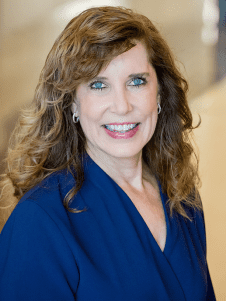
As Bloomfield indicated, it would have affected many Americans if the court had found USF’s contribution system unconstitutional. It is unknown what the remedy would have been other than quickly converting USF to a normal congressional appropriation.
The FCC and USAC administer an approximately $9 billion fund collecting a percentage of the revenues from local and long-distance telecommunications carriers. Carriers currently must contribute about a third of their revenues, which they typically pass on to consumers. To review, the four major universal service mechanisms the fees support are:
- Schools and Libraries (E-Rate): Provides funding directly to eligible schools and public libraries for access to internet services, internal wiring local computer networks. In 2024, the FCC added support for Wi-Fi installation on school buses and other off-campus sites. Many in Congress seek to reverse that policy for statutory reasons.
- Rural Health Care: Provides funding directly to rural hospitals and other medical facilities for voice and other telecommunications services (Telecommunications Program) and for broadband services and networking equipment (Healthcare Connect Fund).
- Lifeline: Provides access to telecommunications and internet services with monthly payments to low-income consumers who receive support from Supplemental Nutrition Assistance Program (SNAP), Medicaid and other assistance programs.
- High-Cost Fund (HFC): Provides funding to eligible telecommunications carriers (ETCs) in rural areas to ensure that voice and broadband services remain affordable for rural consumers. A series of “legacy funds” support voice and other telecommunications services; the Connect America Fund (CAF) funds broadband through past reverse auctions. The troubled Rural Digital Opportunity Fund (RDOF) also falls under the HFC category.
“I am glad to see the Court’s decision today and welcome it as an opportunity to turn the FCC’s focus towards the types of reforms necessary to ensure that all Americans have a fair shot at next-generation connectivity,” said FCC Chairman Brendan Carr in a statement.
“With this ruling in place, we look forward to refocusing now on critical universal service reform efforts, including spreading contribution obligations more equitably among all who use and benefit from cutting-edge communications networks,” Bloomfield said.
Indeed, USF needs reform. Some commentors in recent months have suggested that an unconstitutional ruling from the Supreme Court might drive the momentum in Congress to negotiate new USF contributions alternatives.
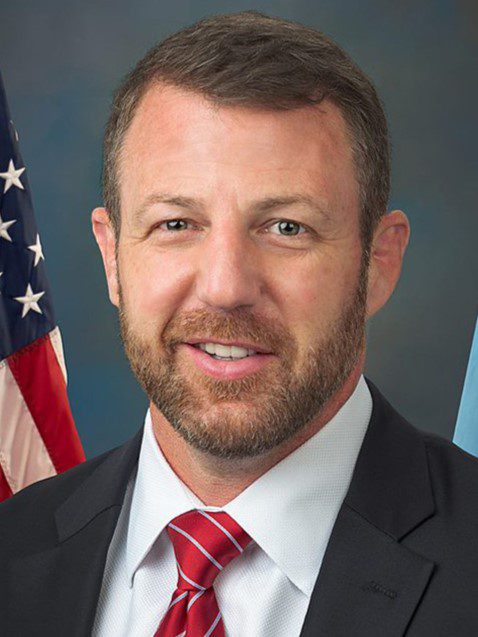
One idea the industry has debated for several years is to expand the contributions requirement to broadband and edge providers. Senators Markwayne Mullin (R-OK), Mark Kelly (D-AZ), Mike Crapo (R-ID), and Kevin Cramer (R-ND) proposed such a contributions expansion in the “Lowering Broadband Costs for Consumers Act” (S. 1651), introduced in May.
“Fair contributions to the USF from edge providers are long overdue,” Mullin said in a statement at the time. “Video streaming services account for 75 percent of all traffic on rural broadband networks. However, unrecovered costs from streaming companies are often shifted and borne by small rural broadband providers. Available, affordable internet will close the digital divide and increase telehealth, educational, and employment opportunities for those who previously went without.”
Representatives Randy Feenstra (R-IA) and Teresa Leger Fernandez, (D-NM) introduced companion legislation in the House. “Big Tech companies use these networks once completed but rarely contribute their fair share towards the cost. It is completely unfair,” said Feenstra said last week.


